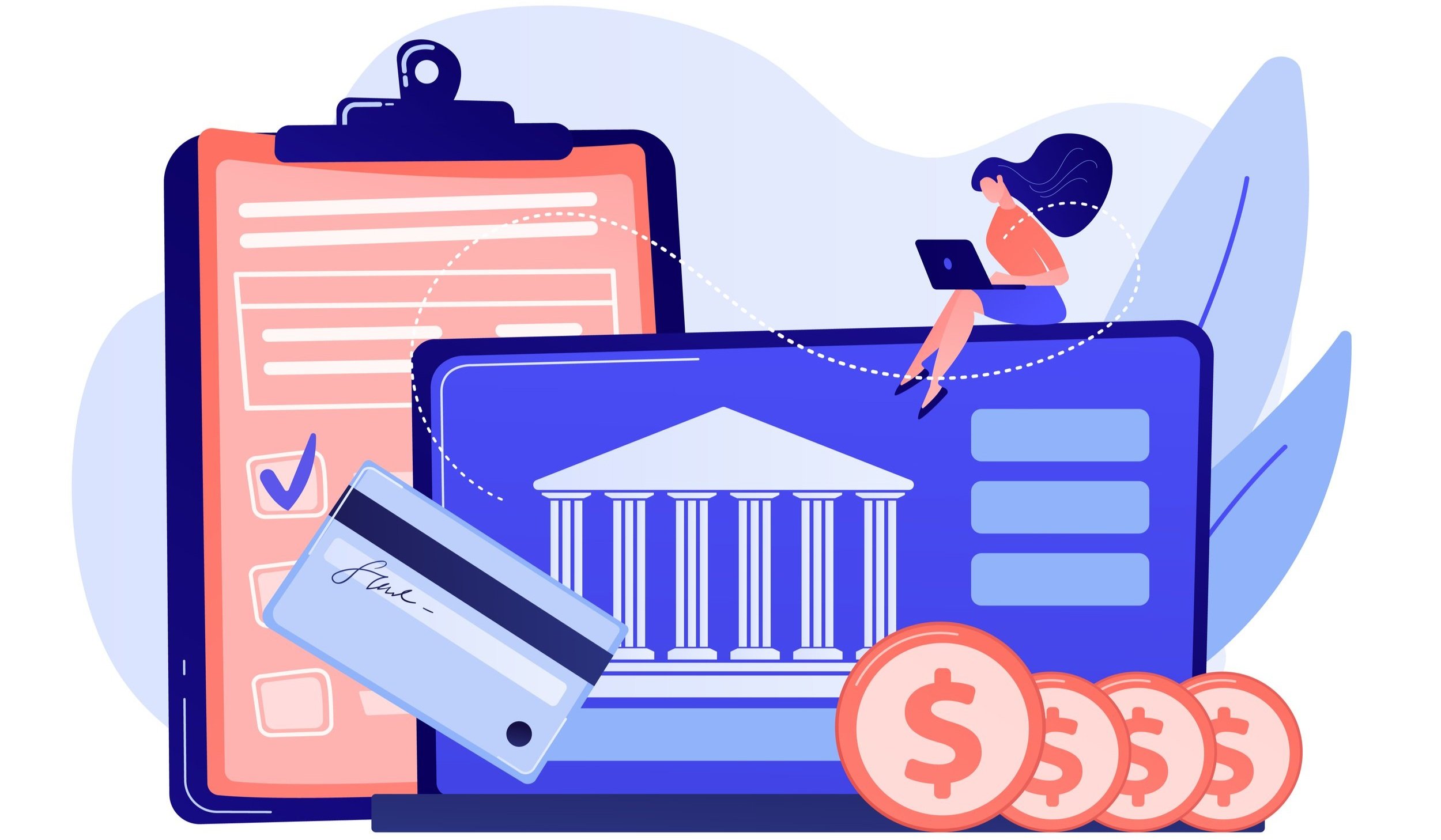How Do You Get A Bad Credit Score, And Does It Matter?
Credit scores are a big part of American financial life, but how do you get a bad credit score, and does it matter?
If you are going to live in America for an extended time, you will want to establish a credit history and build a good credit score. You need a good credit score to rent an apartment, buy a home or car, be approved for credit cards, and borrow money for your education, a personal, or business loan. We’ll explore what bad credit means, what a bad credit score range is, what a bad credit score for renting looks like, and what to do if you have a bad credit score.
What is bad credit?
Your credit history is a detailed report that contains information including:
How much outstanding debt you have
How much total credit you have
If you make payments late, on time, or miss payments
If you’ve filed for bankruptcy
If you have financial judgments against you
If you have debt that has been sent to collection agencies
This information is collected by credit bureaus; the three main ones are Experian, Equifax, and TransUnion. Each bureau uses a proprietary formula to turn the information in your credit report into a number which is your credit score.
What is a bad credit score?
Because each credit bureau calculates scores differently, you'll see slight variations when you look at the ranges for credit scores. And different scores when you look at your credit score. You might have a 585 with Experian and a 600 with TransUnion. But generally, credit score ranges look something like this:
300-579: Poor
580-669: Fair
670-739: Good
740-799: Very good
800-850: Excellent
So a poor or bad credit score is a score under 579. Bad credit isn’t the same thing as having a thin credit file, a position many new immigrants find themselves in as any credit history from their home country doesn’t transfer to the U.S. A thin credit file means you don’t have enough credit history to compile into a credit report and calculate into a credit score. It’s very possible to start building your credit history quickly with credit cards, personal loans, and credit builder loans.
The good news is you don’t need a perfect credit score to rent an apartment, buy a car, a home, or borrow money. Potential landlords are looking for a score of 620 or higher, which is in the Fair range of scores. If you want to buy a car, you’ll want a score of 661 or higher, so on the high end of the Fair range.
Mortgage lenders want to see a score of 760 or higher, which is mid-range Very Good. And for personal loans, lenders want to see a score of at least 610, which is mid-range Fair. But in all cases, the higher your credit score, the lower interest rates you’ll be offered. This is important because interest is the cost of borrowing money, so the lower the rate, the cheaper the loan will be.
How do you fix a bad credit score?
Yes, credit scores matter! But the good news is that you can fix a bad credit score relatively quickly:
Check your credit report for mistakes and correct them. For various reasons, there could be incorrect information on your credit report that is unfairly hurting your score. Get a copy of your report from each of the main bureaus. If you find mistakes, have them corrected.
Having high credit card balances hurts your score. Work towards paying down those balances. One option is taking a loan to do so. If the interest rate on the loan is lower than those of the credit cards, you’ll save money.
Taking out additional credit can help improve your score by reducing utilization, how much available credit you have. Charging up additional debt that isn’t paid in full each month, though, will damage your credit further, so this strategy only works if you don’t build up additional debt.
Ask your credit card companies to increase your credit limits. Doing so brings down utilization. Again, this is only a good idea if you don’t incur more debt.
Never miss or make a late payment. These are the most significant factors in bad credit. If you have trouble remembering to pay your bills, set up automatic payments through the vendor or your bank.
Build and Improve Your Credit With Upwardli
Upwardli was created with the unique needs of new immigrants in mind. We can help you find financial partners who understand those needs too! If you need to build or improve your credit, we’re here to help!


